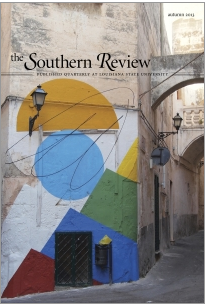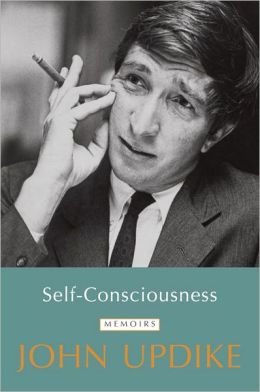 Today, Vermont Public Radio’s Bill Mares posted “Mares: Just Looking,” in which he tells about reading Updike’s book, Just Looking, over the holidays and responds in his own thoughtful way—more reaction than review, really, but interesting nonetheless.
Today, Vermont Public Radio’s Bill Mares posted “Mares: Just Looking,” in which he tells about reading Updike’s book, Just Looking, over the holidays and responds in his own thoughtful way—more reaction than review, really, but interesting nonetheless.
There’s also a “listen” button to click on if your eyes are tired of reading things on the computer, and you’ll hear Mares read the on-air version.
“My favorite essay in the book is called ‘Writers and Artists,'” he says, offering Updike’s own description as proof: “He describes his own excitement, at the ‘glistening quick precision, the possibility of smudging, the tremor and swoop that impart life to the lines'” of the drawings he attempted as a child.
“My only quibble is that Updike doesn’t include any reference to Chinese calligraphy, arguably one of the greatest intellectual endeavors which combines artistic expression and verbal meaning,” Mares says.



